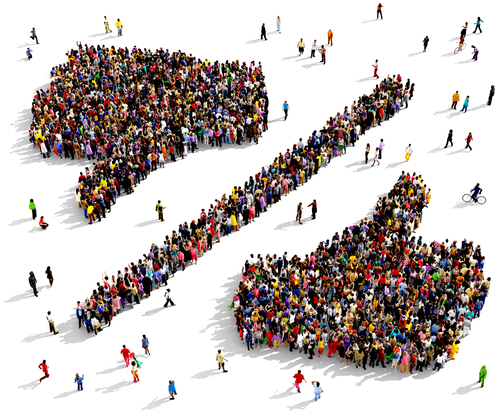Is the 6th Circuit the Nation’s Most Dysfunctional Appeals Court?
A federal ethics panel’s split ruling on a judge’s country club membership is shining a spotlight on the 6th U.S. Circuit Court of Appeals based in Cincinnati.
A New York Times article on the controversy asserts that the court is “surely the most dysfunctional federal appeals court in the nation.” The 6th Circuit’s Judicial Council, which includes both appeals and trial-level judges, said in a confidential 10-8 opinion last month that U.S. Bankruptcy Judge George Paine II did not violate ethics rules by keeping his membership in the Belle Meade Country Club, which has no black or female voting members.
An investigative report found that women could be voting members of the Nashville country club, but they choose instead to join in the “lady member” nonvoting category because it is less expensive. One African-American has been admitted as a nonvoting member, a position that does not allow the person to hold office.
Paine had tried to sponsor an African-American as a full, voting member of the club, and his “long and sincere efforts” to integrate the club were cited by the majority. The 6-year-old application, however, has not been acted upon. All the appellate judges supporting Paine were Republicans, one judge told the Times, and all the appellate dissenters were Democratic appointees. The trial-level judges didn’t hew as closely to party ties.
Paine saw politics in the ruling. “Unfortunately there is a fairly corrosive atmosphere today in the 6th Circuit and it is fraught with agendas,” he said. The Times Sidebar article apparently agrees. “It is true that relations among the judges on the 6th Circuit have been marred by venomous discord for at least a decade, mostly along ideological lines,” the story says.
Paine told the Times that a liberal member of the 6th Circuit, Judge Gilbert Merritt, is an honorary, nonvoting member of the same country club. Merritt was not on the ethics panel considering Paine’s case. Merritt told the Times he believes the club no longer discriminates against blacks, but minorities apparently are not applying for membership. The club does have “a problematical policy about women,” Merritt said.
Story updated at 9:30 a.m. to reflect that the African-American sponsored by Paine was seeking a full, voting membership and to say that the club has one African-American nonvoting member.



